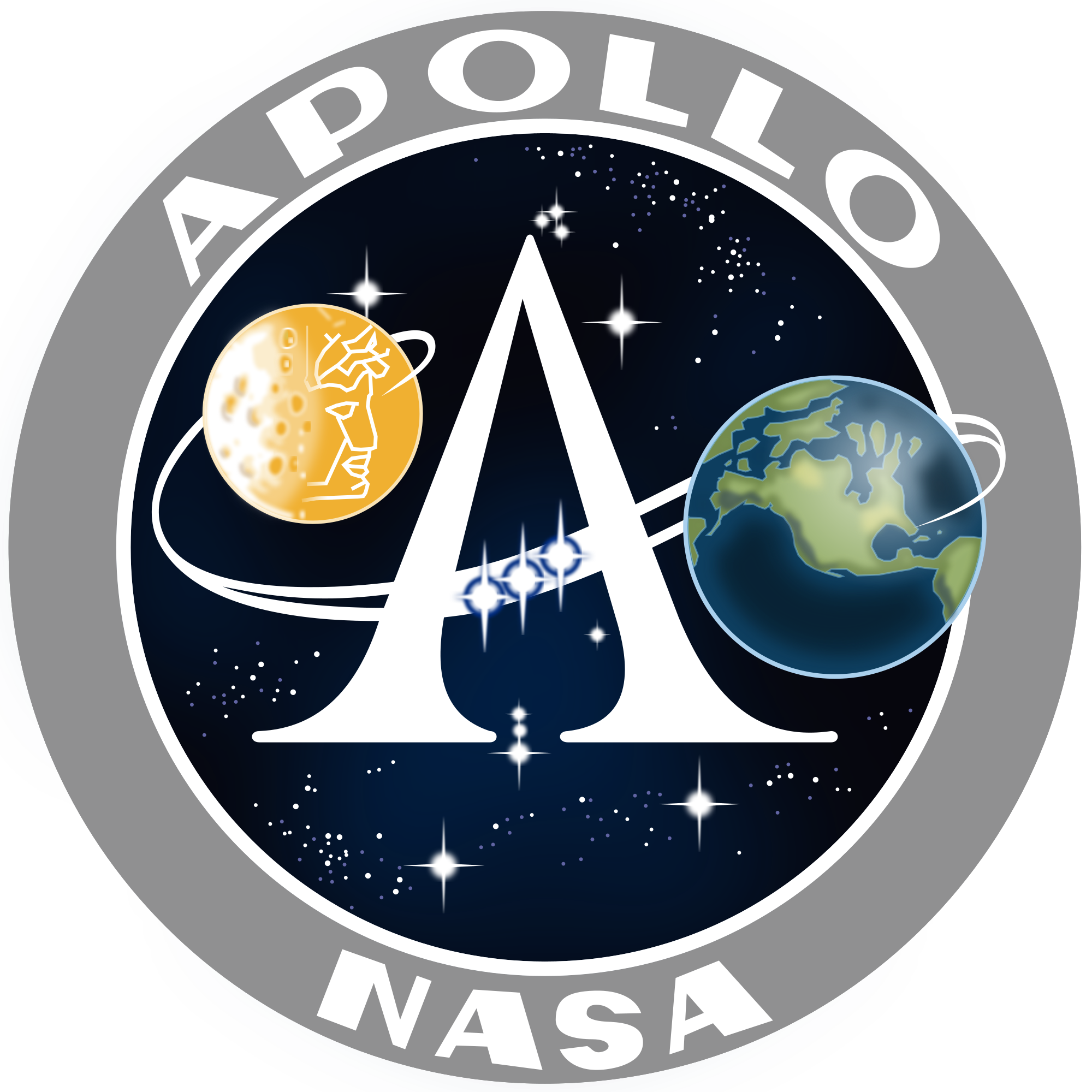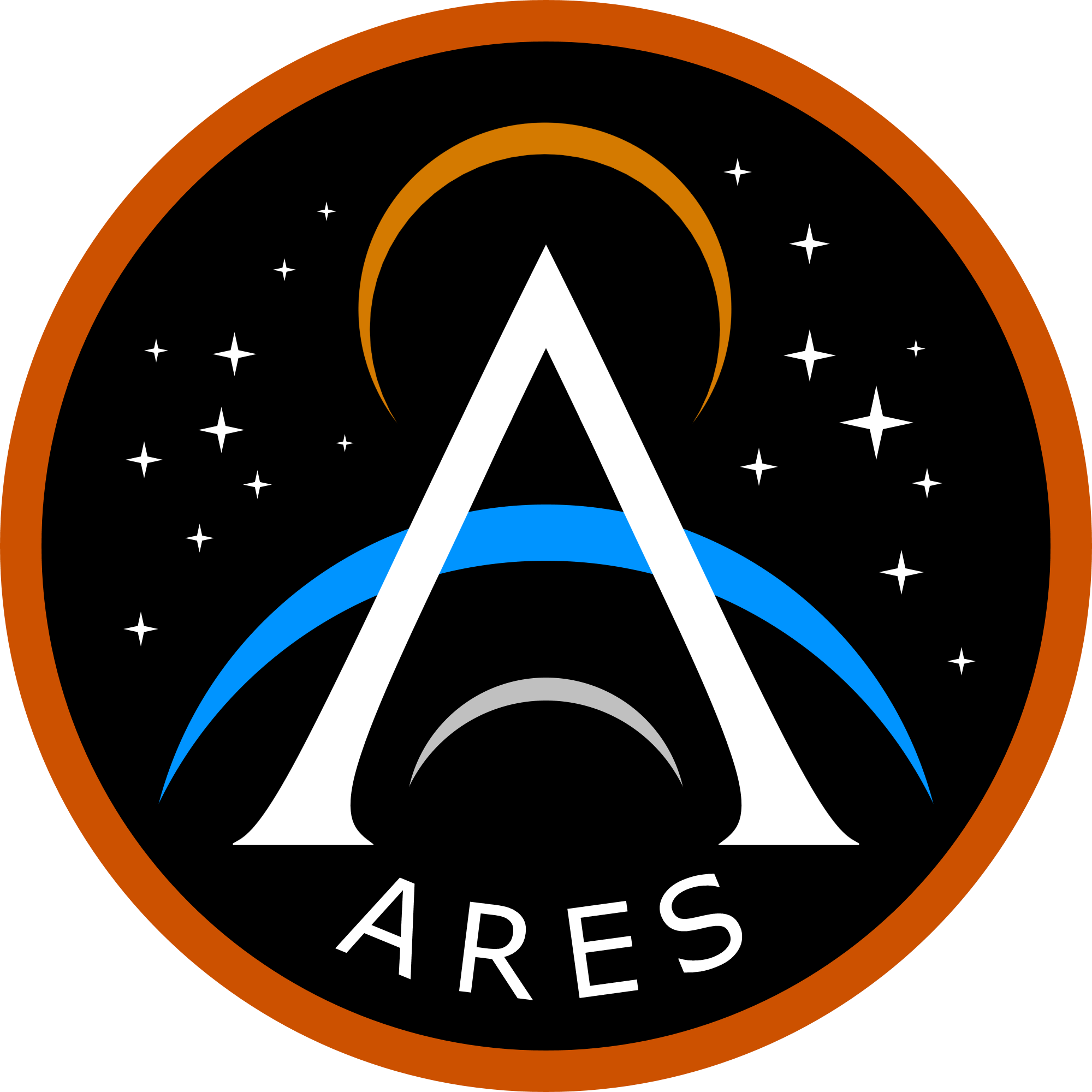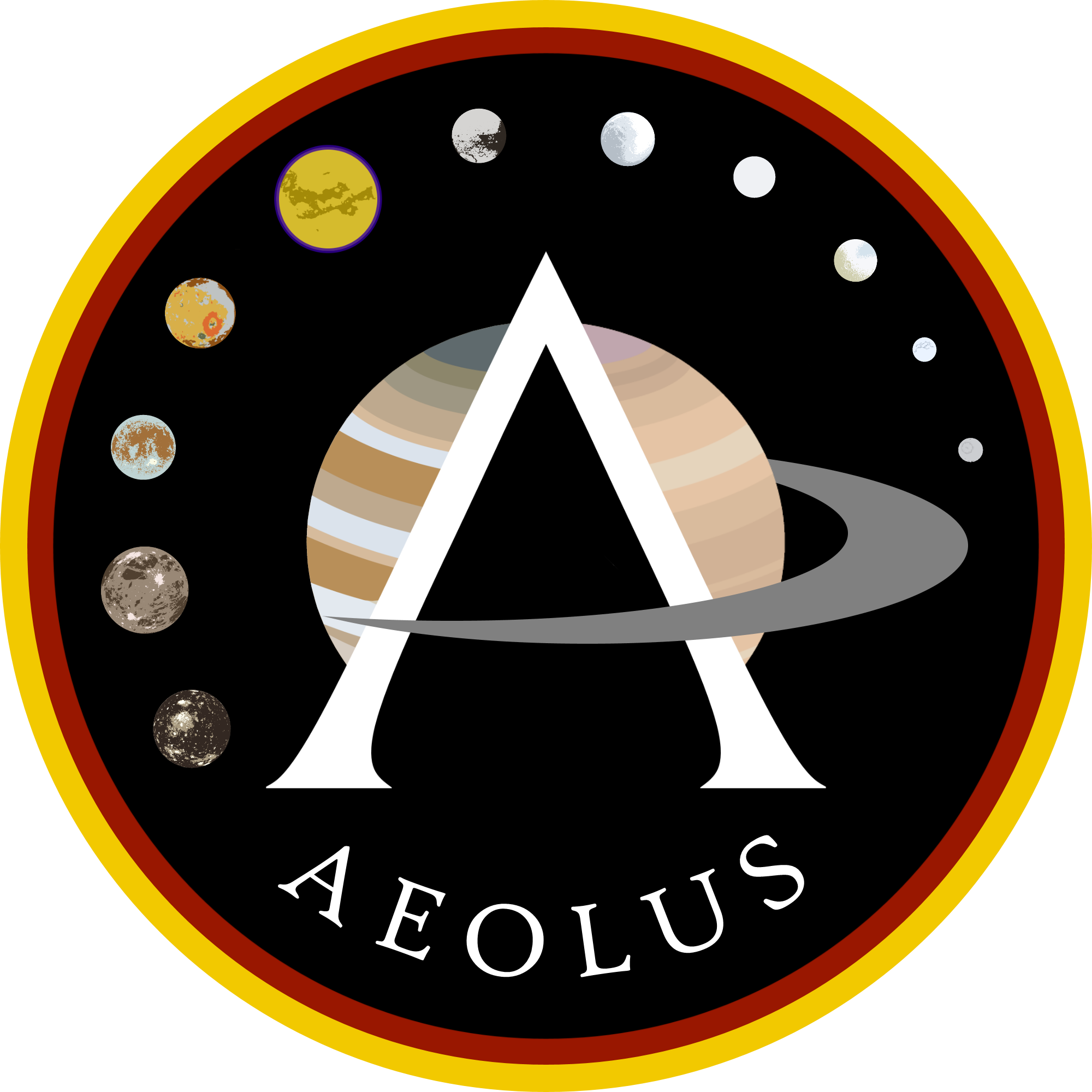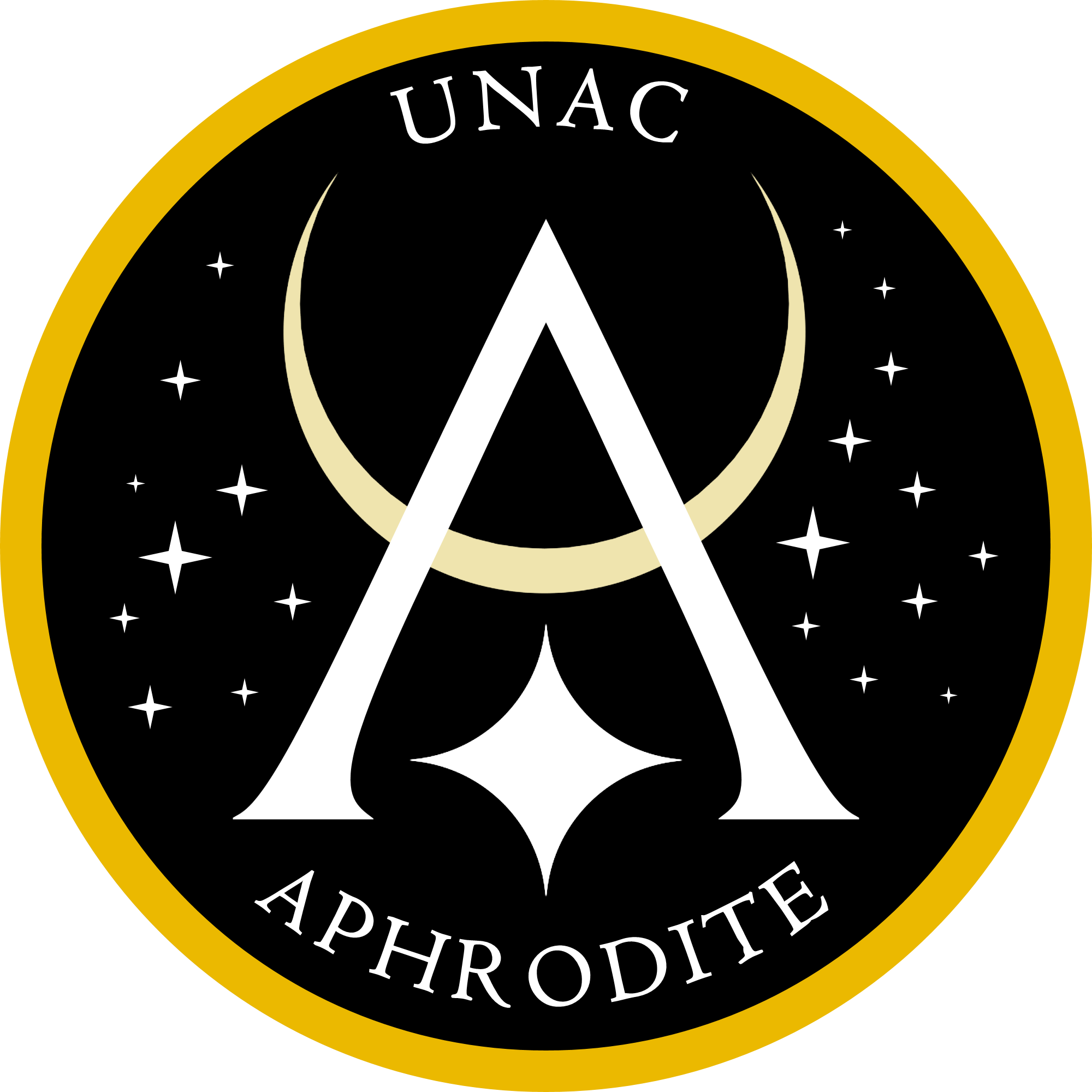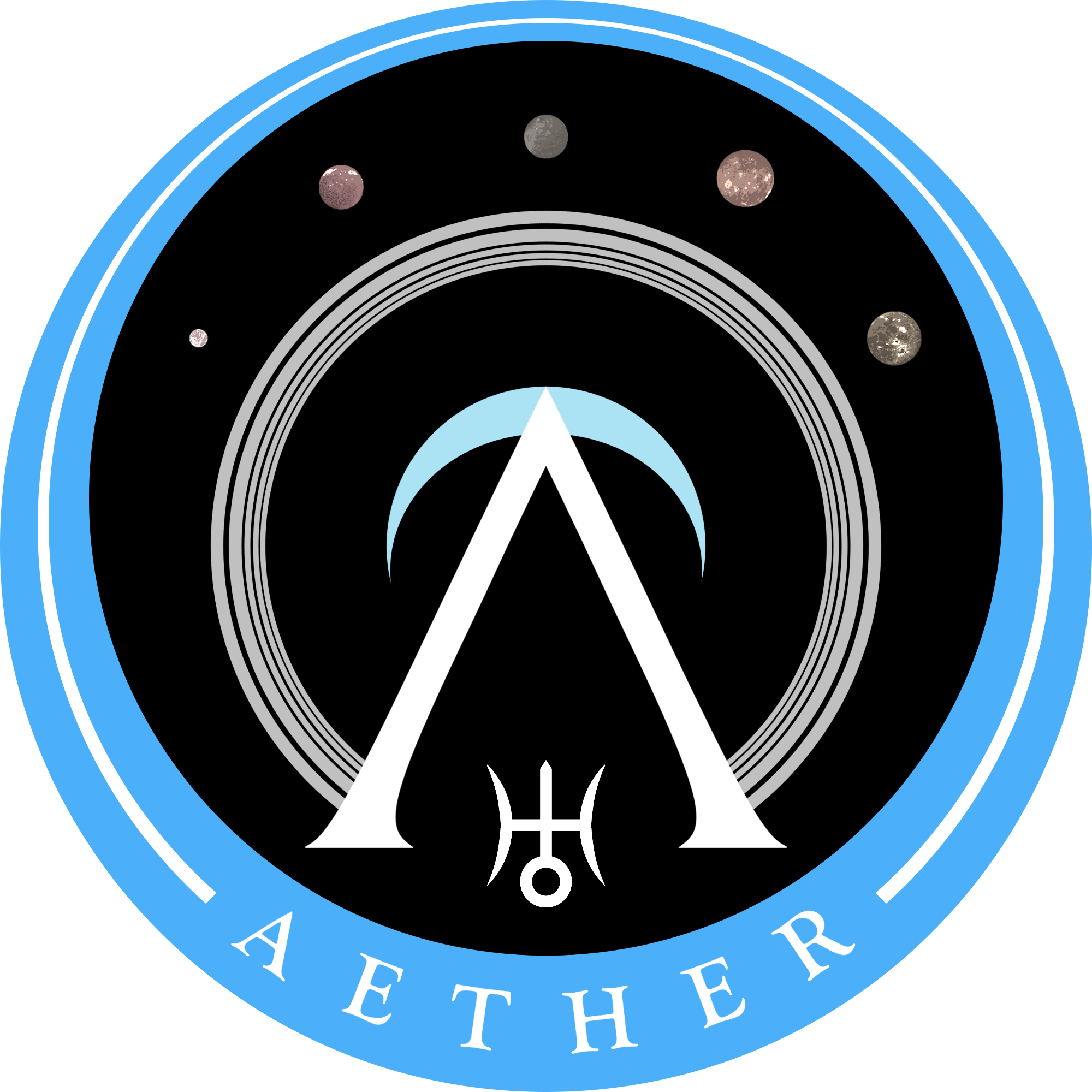Astra Planeta is currently undergoing major revisions, and some parts of this encyclopedia contain information that is inaccurate with respect to current canon. Your patience and readership is appreciated!
ASTRA PLANETA WON BEST ARTICLE AT THE 2024 WORLDBUILDING AWARDS!
The winners of the 2024 Worldbuilding Awards have been announced, and Alone Together won the category of Best Article!!! I am so immensely honored to be chosen by the denizens of World Anvil as one of the best worldbuilders on the site! Congratulations to my fellow winners and nominees!!!

Astra Planeta
Astra Planeta is a hopeful exploration of humanity’s future path to the stars, and the connections we may forge with the other peoples and worlds of the local stellar group.
Welcome to the 30th century. In the thousand years since humankind first reached beyond the atmosphere of planet Earth, we have slowly ventured farther and farther from the shores of home into the endless heavens. In the process, humanity has matured. We have set aside our ancient tribalism in favor of unity, forging a new civilization largely free of the social and physical ills that have plagued us for the last twelve thousand years. We have learned to exercise our tremendous technological power with care and humility. And we did it on our own.
In the course of our perpetual wandering, humans have come to recognize that we are children of the cosmos, not lords. Thus, we resolved to be humble explorers, not arrogant conquerors. We have made those mistakes before. And upon discovering other cosmic children in the stars above, we vowed to never make those mistakes again.
After all: we only have each other, and the stars.
Chart the Future
Explore the Cosmos
Meet Strange New Beings...
...and Learn their Stories
Featured Article
The Astra Planeta universe and all related works © 2018-2024 Douglas Marshall ("SpyglassRealms"), all rights reserved. Thanks to Hanhula, Nimin, Annie, and the other fine folks in the WorldAnvil Discord for their invaluable help with the world formatting and CSS! Art assets without credits displayed are created by SpyglassRealms. Assets not created by SpyglassRealms are properly credited and are either public domain content, Creative Commons Attribution, or displayed with the permission of the creator(s).

